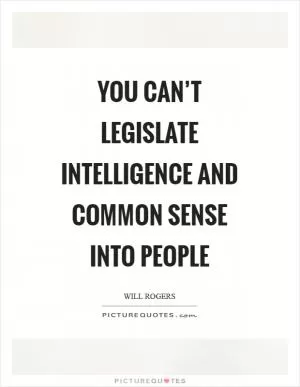Ancient Rome declined because it had a Senate, now what's going to happen to us with both a House and a Senate?

Ancient Rome declined because it had a Senate, now what's going to happen to us with both a House and a Senate?
Will Rogers, the famous American humorist and social commentator, once quipped, "Ancient Rome declined because it had a Senate, now what's going to happen to us with both a House and a Senate?" This witty observation highlights the potential pitfalls of having a bicameral legislative system, where power is divided between two separate chambers.In Ancient Rome, the Senate was a powerful institution that played a key role in the governance of the empire. However, over time, the Senate became corrupt and ineffective, leading to the decline and eventual fall of the Roman Empire. Will Rogers' comment suggests that having a Senate alone was detrimental to Rome's stability, so having both a House and a Senate in modern times could potentially lead to even greater challenges.
The United States, like Ancient Rome, has a bicameral legislative system, with a House of Representatives and a Senate. While this system was designed to provide checks and balances and prevent the concentration of power in one branch of government, it can also lead to gridlock and inefficiency if the two chambers are unable to work together effectively.












 Friendship Quotes
Friendship Quotes Love Quotes
Love Quotes Life Quotes
Life Quotes Funny Quotes
Funny Quotes Motivational Quotes
Motivational Quotes Inspirational Quotes
Inspirational Quotes